Find Help
More Items From Ergsy search
-
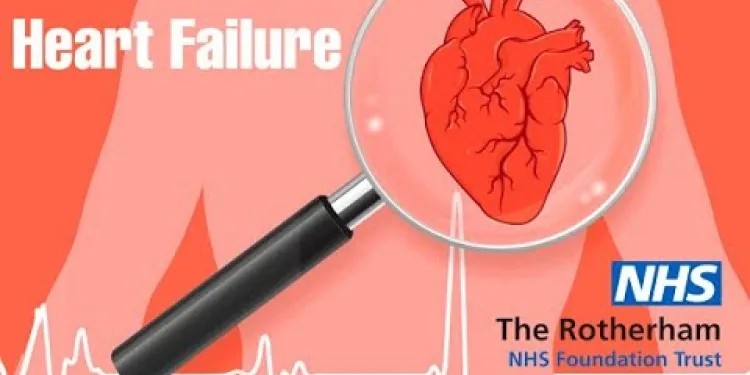
Heart Failure : Symptoms of heart failure
Relevance: 100%
-
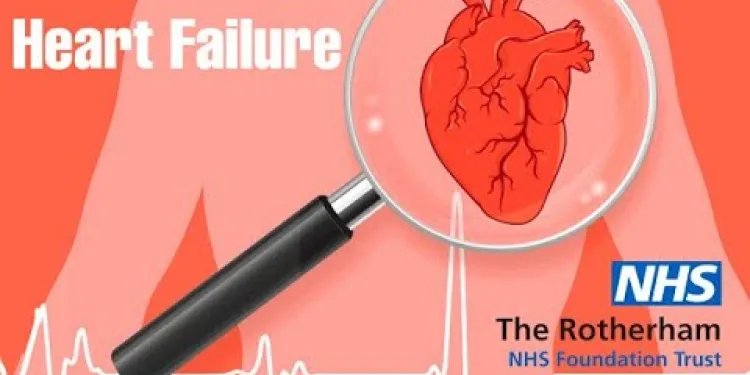
Heart Failure : What is heart failure?
Relevance: 85%
-
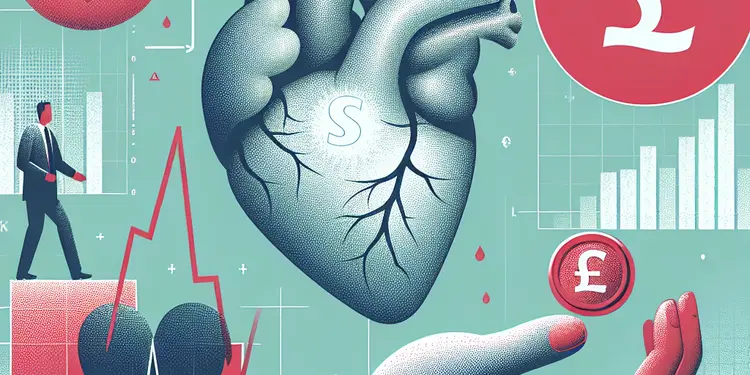
What should I do if I experience symptoms of heart failure?
Relevance: 83%
-
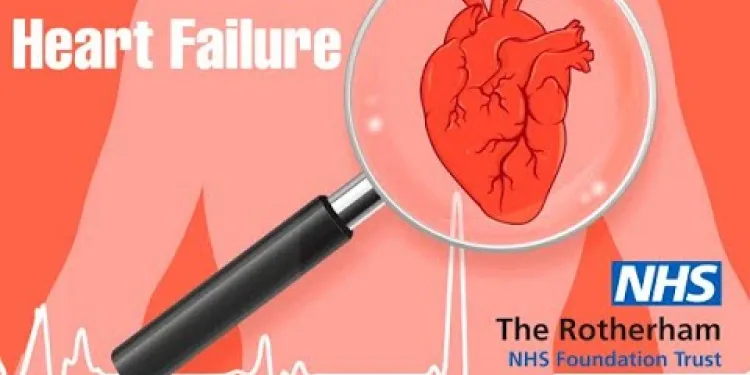
Heart Failure : Heart failure that cannot pump
Relevance: 83%
-

Heart Failure : The normal heart
Relevance: 81%
-
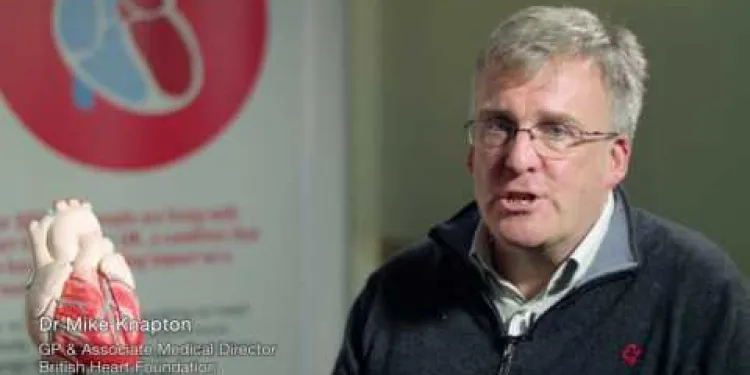
Heart failure introduction
Relevance: 80%
-

Are there different types of heart failure?
Relevance: 76%
-
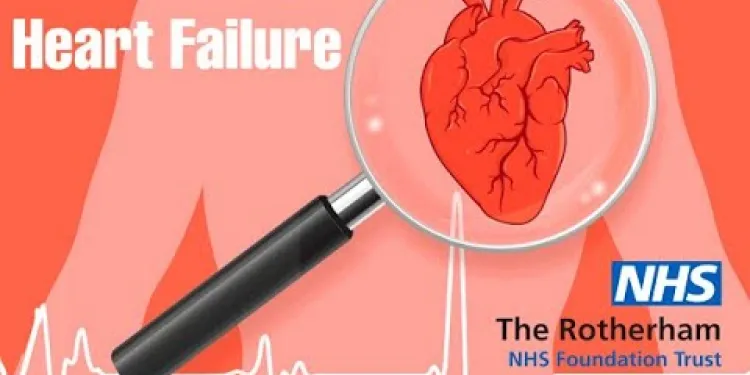
Heart Failure : When the heart becomes stiff?
Relevance: 76%
-
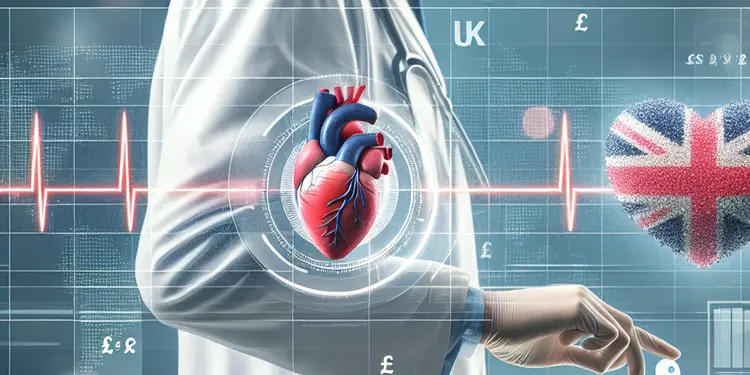
How is heart failure diagnosed?
Relevance: 76%
-
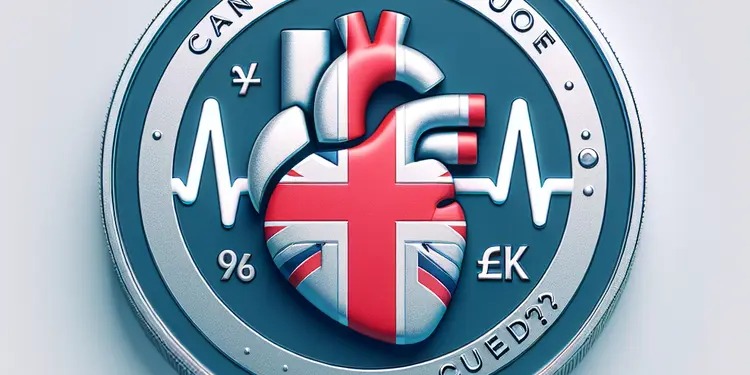
Can heart failure be cured?
Relevance: 76%
-
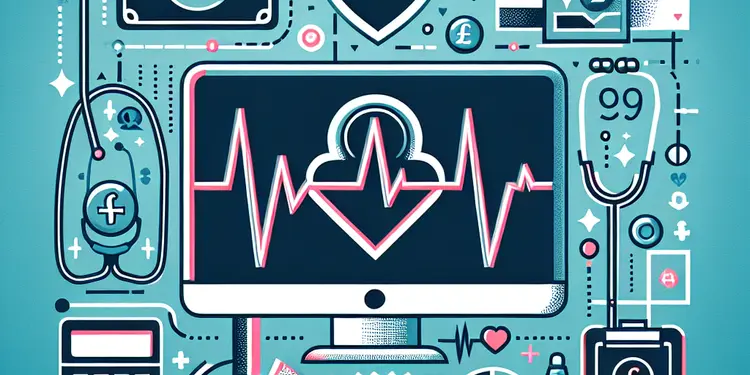
What is the prognosis for someone with heart failure?
Relevance: 72%
-
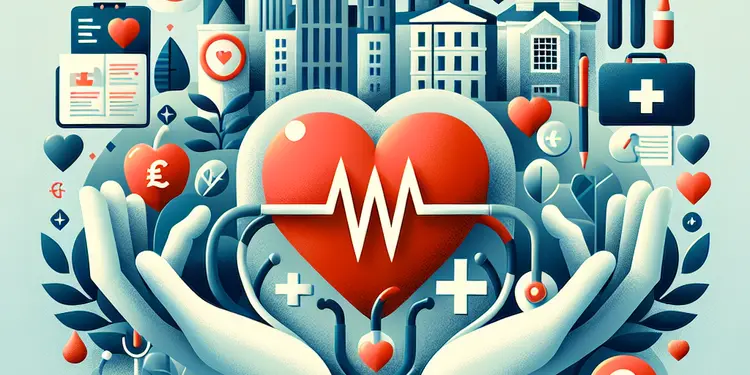
Can heart failure be prevented?
Relevance: 72%
-

What causes heart failure?
Relevance: 72%
-
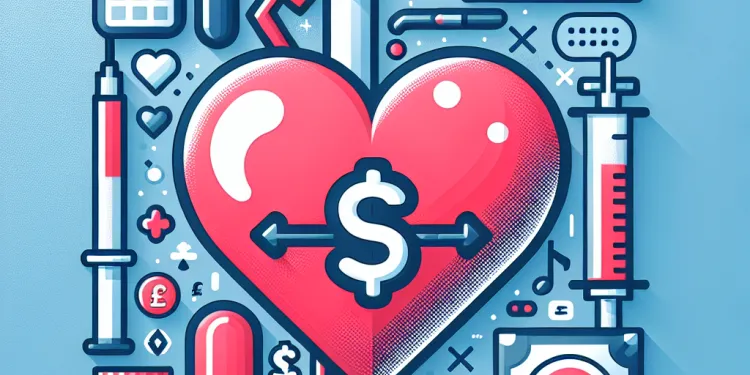
Is Baxdrostat used in treating heart failure?
Relevance: 72%
-
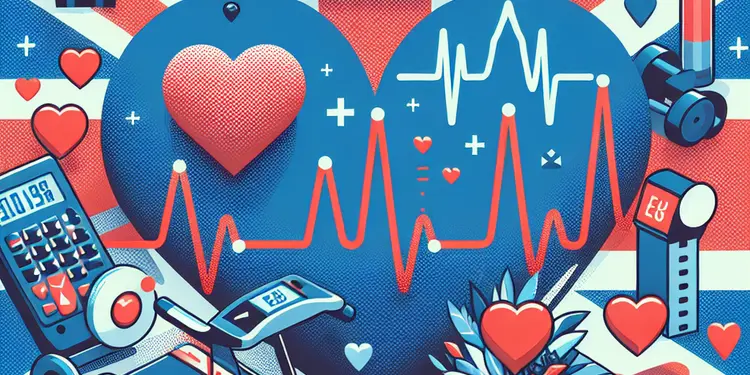
How does exercise impact heart failure?
Relevance: 70%
-
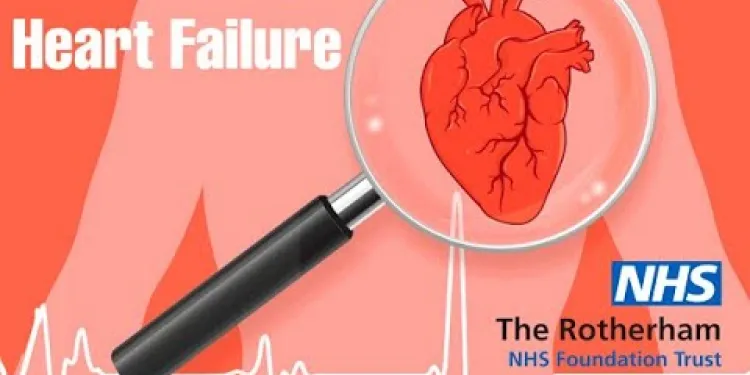
Heart Failure : Treatment and monitoring of fluid retention
Relevance: 69%
-

What is the role of diet in managing heart failure?
Relevance: 69%
-
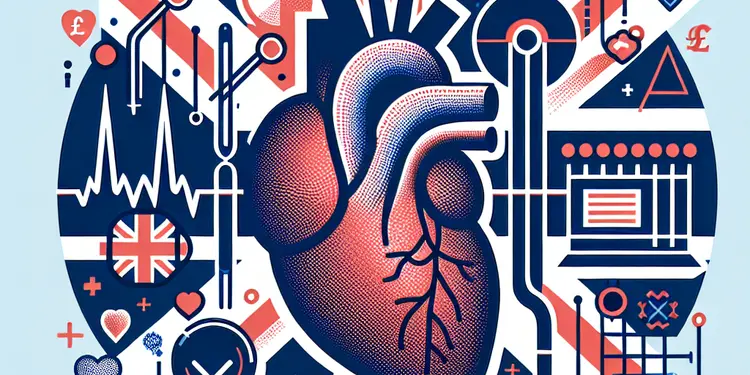
Can heart failure affect other organs?
Relevance: 68%
-

What medications are commonly prescribed for heart failure?
Relevance: 68%
-

What are the common symptoms of heart failure?
Relevance: 67%
-
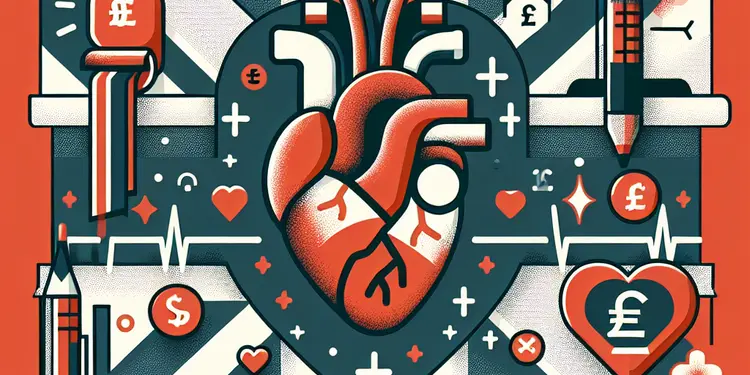
What is heart failure?
Relevance: 59%
-

How long do heart attack symptoms last?
Relevance: 48%
-

Are heart attack symptoms different for people with diabetes?
Relevance: 48%
-

Can heart attack symptoms vary by age?
Relevance: 48%
-
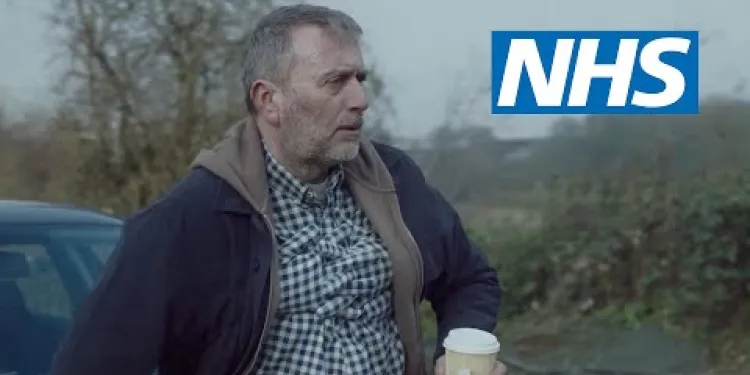
Heart Attack Symptoms - Help Us Help You | NHS
Relevance: 48%
-

What should I do if I'm experiencing heart attack symptoms?
Relevance: 47%
-
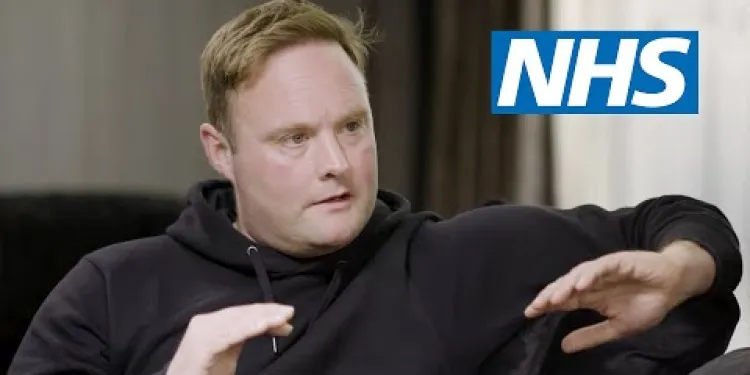
Heart Attack Symptoms - Peter Dale (Tubes) | NHS
Relevance: 46%
-
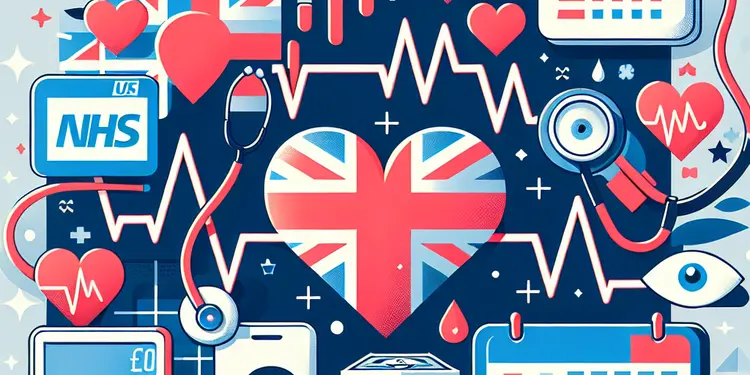
How often should someone with heart failure see their doctor?
Relevance: 46%
-

What lifestyle changes can help manage heart failure?
Relevance: 45%
-

Can women have different heart attack symptoms than men?
Relevance: 43%
-
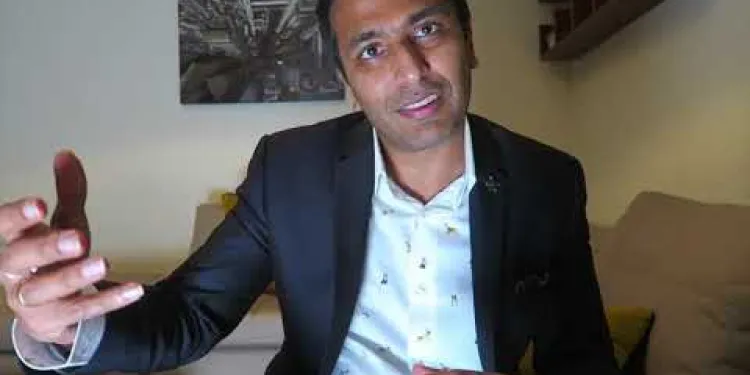
Is my abnormal heart rhythm dangerous?
Relevance: 43%
-
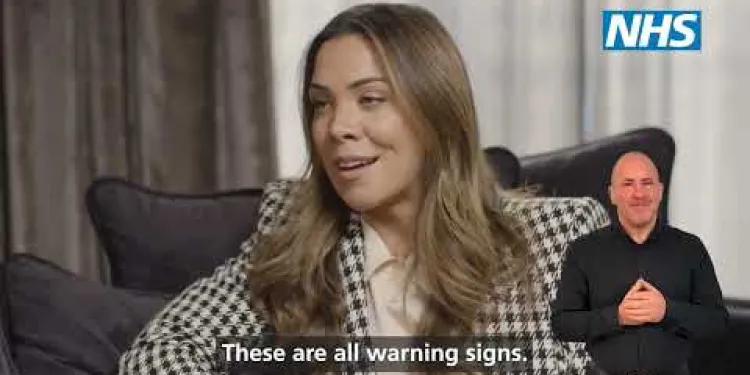
Heart Attack Symptoms - Peter Dale (Tubes) | NHS - BSL version
Relevance: 43%
-
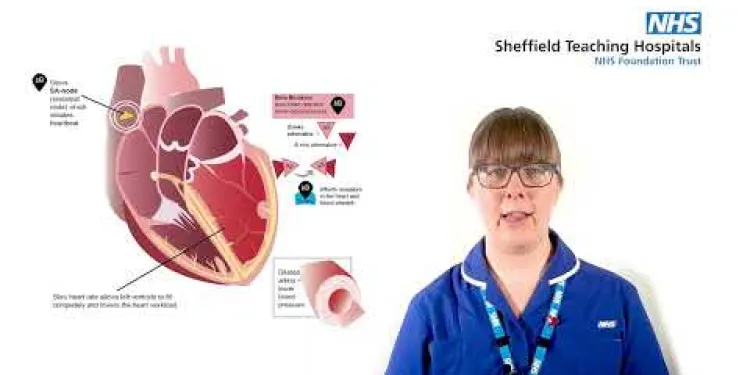
Medicines of the heart
Relevance: 42%
-
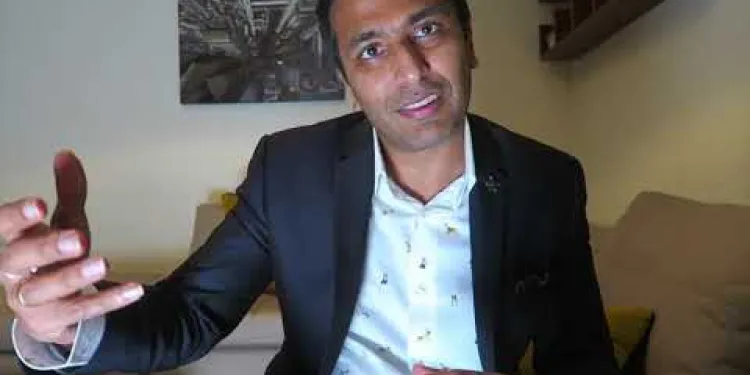
Is my abnormal heart rhythm dangerous?
Relevance: 41%
-
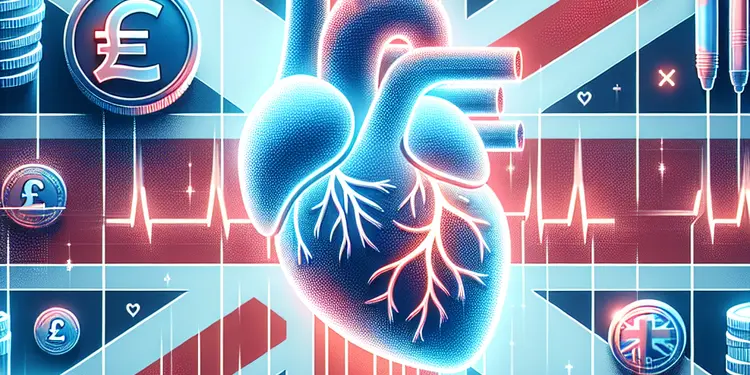
What are the long-term effects of a heart attack?
Relevance: 39%
-

Can anxiety cause heart attack-like symptoms?
Relevance: 37%
-
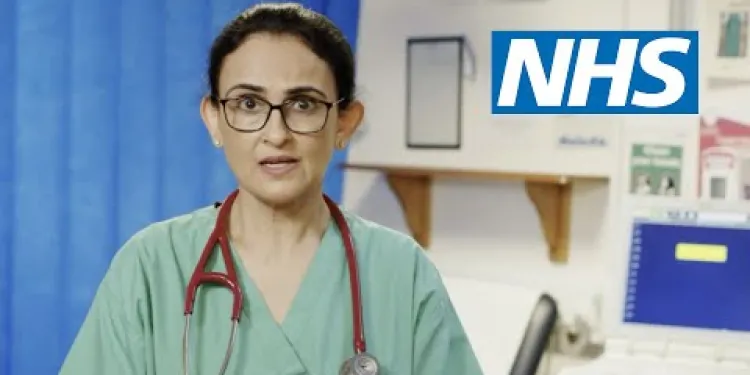
Heart Attack Stories | NHS
Relevance: 37%
-
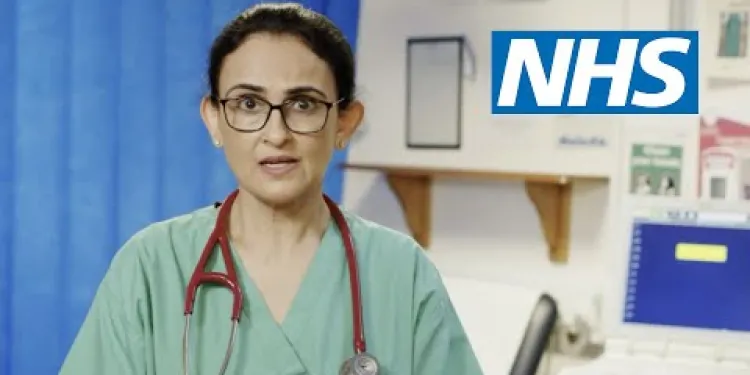
Heart Attack Stories | NHS
Relevance: 37%
-
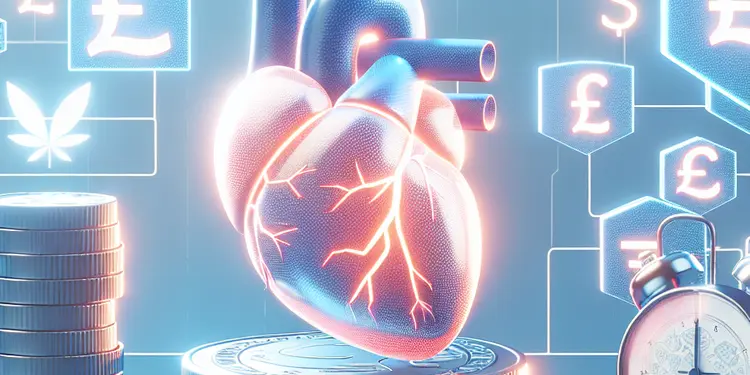
How do beta-blockers contribute to heart attack prevention?
Relevance: 37%
-

Heart stents
Relevance: 37%
Heart Failure: Understanding the Symptoms
What is Heart Failure?
Heart failure, also known as congestive heart failure, is a condition where the heart's ability to pump blood effectively is diminished. This can result from various underlying health issues such as coronary artery disease, high blood pressure, or previous heart attacks. In the United Kingdom, heart failure affects nearly 900,000 people, leading to significant impacts on overall health and quality of life.
Common Symptoms of Heart Failure
Recognising and understanding the symptoms of heart failure is crucial for timely intervention and management. The symptoms can vary depending on the severity and progression of the disease.
Shortness of Breath
One of the most common symptoms of heart failure is shortness of breath. This may occur during physical activity, but as the condition advances, it can also happen during rest or while sleeping. The sensation of breathlessness is due to fluid accumulation in the lungs, resulting from the heart's impaired ability to pump effectively.
Fatigue and Weakness
Individuals with heart failure often experience extreme fatigue and persistent weakness. This occurs because the heart is unable to pump enough blood to meet the body's needs, resulting in reduced oxygen and nutrient delivery to tissues.
Swelling (Edema)
Fluid retention is another hallmark symptom of heart failure. This can lead to swelling in the ankles, feet, legs, and abdomen. The swelling, known as edema, occurs because the heart's decreased pumping capacity causes fluid to accumulate in the tissues.
Persistent Cough or Wheezing
A chronic cough or wheezing, particularly at night or when lying down, can be indicative of heart failure. This is often caused by fluid build-up in the lungs, which irritates the airways.
Rapid or Irregular Heartbeat
Heart failure can lead to palpitations or a rapid, irregular heartbeat as the heart attempts to compensate for its diminished efficiency. Patients may feel their heart racing or fluttering uncomfortably.
Reduced Ability to Exercise
People with heart failure often find it difficult to engage in physical activities they once enjoyed. Even light exercise can cause undue fatigue and shortness of breath, making it challenging to maintain an active lifestyle.
Cognitive Impairment
In some cases, reduced blood flow to the brain can cause difficulties with concentration and memory, leading to issues with cognition and mental clarity.
Conclusion
Understanding the symptoms of heart failure is essential for early detection and effective management. If you or someone you know in the UK exhibits these symptoms, it is crucial to seek medical advice promptly. Early diagnosis and appropriate treatment can significantly improve quality of life and outcomes for those living with heart failure.
Heart Failure: Understanding the Symptoms
What is Heart Failure?
Heart failure happens when the heart cannot pump blood well. It is sometimes called congestive heart failure. This can happen because of health problems like blocked heart arteries, high blood pressure, or heart attacks. In the UK, about 900,000 people have heart failure. This can make people feel unwell and affect their day-to-day life.
Common Symptoms of Heart Failure
It is important to know the signs of heart failure so you can get help quickly. These signs can be different for everyone, depending on how bad the heart problem is.
Shortness of Breath
Many people with heart failure find it hard to breathe. This can happen when they are moving around. As heart failure gets worse, it can be hard to breathe even when sitting still or sleeping. This happens because fluid builds up in the lungs.
Fatigue and Weakness
People with heart failure often feel very tired and weak. This is because the heart is not pumping enough blood to give the body the oxygen and nutrients it needs.
Swelling (Edema)
Heart failure can cause the body to hold onto fluid. This can make the ankles, feet, legs, and tummy swell up. This swelling is called edema. It happens because the heart cannot pump blood well, causing fluid to build up in the body.
Persistent Cough or Wheezing
A lasting cough or wheezing, especially at night or when lying down, can be a sign of heart failure. This is caused by fluid in the lungs that irritates the airways.
Rapid or Irregular Heartbeat
Heart failure can cause a fast or uneven heartbeat. The heart may feel like it is racing or fluttering. This happens because the heart is trying hard to work properly.
Reduced Ability to Exercise
People with heart failure may find it hard to do physical activities they used to enjoy. Even light exercise can make them feel very tired and out of breath.
Cognitive Impairment
Sometimes, not enough blood reaches the brain, which can make it hard to think clearly and remember things.
Conclusion
Knowing the symptoms of heart failure is important for getting help early. If you or someone you know in the UK has these symptoms, see a doctor as soon as possible. Getting the right help early can make living with heart failure easier and improve life quality.
Frequently Asked Questions
What is heart failure?
Heart failure is a condition where the heart is unable to pump blood effectively to meet the body's needs.
What are the common symptoms of heart failure?
Common symptoms include shortness of breath, fatigue, swollen legs and ankles, and rapid or irregular heartbeat.
What causes heart failure?
Heart failure can be caused by conditions such as coronary artery disease, high blood pressure, diabetes, or chronic valve disease.
How is heart failure diagnosed?
Diagnosis involves a physical examination, medical history review, blood tests, and imaging tests like an echocardiogram or an MRI.
Can heart failure be cured?
While heart failure usually can't be cured, symptoms can be managed effectively with medications, lifestyle changes, and, in some cases, surgical procedures.
What lifestyle changes can help manage heart failure?
Lifestyle changes include eating a balanced diet low in salt, engaging in regular physical activity, quitting smoking, and limiting alcohol intake.
Are there different types of heart failure?
Yes, there are two main types: systolic heart failure (heart can't pump blood effectively) and diastolic heart failure (heart can't fill properly with blood).
What is the prognosis for someone with heart failure?
The prognosis varies depending on the severity of the condition, underlying causes, and how well treatment plans are followed.
What medications are commonly prescribed for heart failure?
Common medications include ACE inhibitors, beta-blockers, diuretics, and aldosterone antagonists.
Can heart failure be prevented?
Heart failure can sometimes be prevented by managing risk factors such as high blood pressure, diabetes, and coronary artery disease through a healthy lifestyle and regular medical check-ups.
What is the role of diet in managing heart failure?
A heart-healthy diet that's low in salt, saturated fats, and cholesterol can help manage heart failure symptoms and improve overall health.
How does exercise impact heart failure?
Regular, moderate exercise can help strengthen the heart, improve circulation, and reduce symptoms, but it's important to get your doctor's advice on what level of activity is appropriate.
What should I do if I experience symptoms of heart failure?
If you experience symptoms such as shortness of breath, extreme fatigue, or swollen legs and ankles, you should contact your GP or seek medical attention immediately.
How often should someone with heart failure see their doctor?
Regular follow-up visits with your healthcare provider are important, typically every 3 to 6 months, or as advised based on the severity of your condition.
Can heart failure affect other organs?
Yes, heart failure can affect other organs such as the kidneys and liver due to decreased blood flow and can lead to conditions like kidney disease and liver congestion.
What is heart failure?
Heart failure is when the heart is not working properly. The heart is a muscle in your chest that pumps blood around your body. When the heart is weak, it cannot pump blood as it should. This can make you feel tired and weak.
If you find it hard to understand this, you can:
- Ask someone you trust to explain it to you.
- Look at pictures or videos about how the heart works.
- Use apps on your phone or tablet that help explain things with pictures.
Heart failure happens when the heart can't pump blood well enough for the body.
What are the signs of heart problems?
Here are some things to look out for:
- Feeling very tired
- Shortness of breath, especially when lying down
- Swollen feet, ankles, or legs
- Quick weight gain from fluid
- Coughing a lot
- Feeling dizzy or weak
If you notice these things, talk to a doctor or nurse. They can help you.
Tools like picture dictionaries or audio books can make it easier to understand.
Some common signs you might notice are:
- It can be hard to breathe.
- You might feel very tired.
- Your legs and ankles could get puffy and swollen.
- Your heart might beat too fast or not regularly.
Here are some things that can help:
- Try using pictures to understand better.
- Ask someone to read with you and explain things.
- Use apps or websites that read out loud for you.
What makes a heart stop working well?
The heart is like a pump. It moves blood around the body. Sometimes, it can get weak. This is called heart failure.
Here are some things that can make the heart weak:
- The heart gets sick
- High blood pressure (like pushing too hard)
- Heart attack (when heart doesn’t get enough blood)
- Heart has to work too hard because of other problems
To help, you can:
- Eat good food
- Exercise gently
- Go to the doctor
Tools like picture books or talking with a helper can make this easier to understand.
Heart problems can happen because of things like:
- Narrow or blocked blood tubes to the heart (called coronary artery disease).
- Blood pressure that is too high.
- Having diabetes, which is when sugar levels in the blood are too high.
- Problems with the heart valves, which help control blood flow.
If you find reading hard, you can:
- Use tools that read text out loud to you.
- Ask someone to explain things.
- Use a dictionary to look up words you don’t understand.
How do doctors know if someone has heart failure?
The doctor figures out what is wrong by doing these things:
- Looks at your body to check how you are feeling.
- Asks about your past health problems.
- Does blood tests to see if everything is okay inside.
- Uses special pictures, like an echocardiogram or MRI, to see inside your body.
Tools or techniques that can help:
- Ask someone to go to the doctor with you to help listen and ask questions.
- Make a list of your health problems and medicines before the visit.
- Use a calendar to track any symptoms or changes in how you feel.
Can we fix heart failure?
Heart failure means the heart is not working well.
Doctors have ways to help, like medicine or special treatments. These can make you feel better.
But right now, heart failure cannot be completely fixed like a cold can be.
It is important to see your doctor. They can help you feel the best you can.
Using pictures or simple videos can also help understand more about heart failure.
Heart failure is a problem in the heart. It usually can't be fixed completely, but we can help it.
There are medicines that can help. Changing some things in our life is important too. Sometimes, doctors might need to do a special surgery.
How can you change your life to help with heart problems?
If you have heart problems, you can do some things to help feel better.
- Eat healthy food like fruits and vegetables.
- Try to move your body every day. Walking is good exercise.
- Rest when you feel tired. Sleep well every night.
- Ask your doctor about medicines. Take them on time.
- Visit your doctor regularly for check-ups.
If you find reading hard, ask someone to read to you. You can also use audiobooks or listen to podcasts. These tools can help you learn and understand better.
You can make your life healthier by doing a few things:
- Eat healthy foods with less salt.
- Exercise regularly, like playing a sport or going for a walk.
- Stop smoking.
- Drink less alcohol.
Using a planner or setting simple reminders can help you stick to these changes. Visual aids like charts or pictures might also be helpful. Try asking family or friends for support.
Are there different kinds of heart failure?
Yes, there are two main types of heart failure:
- Systolic heart failure: The heart can't pump blood well.
- Diastolic heart failure: The heart can't fill up with blood properly.
Here are some tools to help:
- A picture or drawing of a heart can show how it works.
- Listen to an audio recording about heart health.
- Talk to a doctor who can explain things in a simple way.
What happens if someone has heart failure?
Heart failure is when the heart doesn't work very well. Here is what you can do:
- Visit the doctor: They can help a lot.
- Take medicine: It can make you feel better.
- Eat healthy food: This helps your heart.
- Move your body: Exercise can be good.
People can use tools to stay healthy:
- Write down when you take your medicine.
- Use a pill box to remember your pills.
Ask family or friends to help you. Keep talking to your doctor. This can keep you feeling your best.
The outcome changes based on how bad the problem is, why it happened, and how well people stick to the treatment plan.
What medicine do people take for heart problems?
Some common medicines are:
- ACE inhibitors: These help lower blood pressure.
- Beta-blockers: These help your heart beat slower and with less force.
- Diuretics: These help your body get rid of extra water and salt.
- Aldosterone antagonists: These help stop your body from holding onto too much salt and water.
These medicines can help you feel better. It might be useful to talk with a doctor or nurse if you have questions. You can also use speech-to-text apps or audiobooks if reading is hard for you.
Can we stop heart failure?
Heart failure is when the heart does not work well. But there are things we can do to stay healthy and help stop heart failure. Here are some tips:
- Eat healthy foods: Choose fruits, vegetables, and whole grains.
- Exercise regularly: Try to move your body every day, like walking or playing.
- Don't smoke: Smoking is bad for your heart.
- Go to the doctor: Visit your doctor to check your heart health.
There are some helpful tools you can use, like apps or fitness trackers, that remind you to move and eat well.
We can sometimes stop heart problems by looking after our health. This means:
- Keeping our blood pressure healthy
- Taking care of diabetes
- Keeping our heart strong
We do this by eating healthy food, staying active, and going to the doctor often.
It also helps to use a calendar or a reminder app to remember your doctor visits. You can ask a friend or family to help too!
How does what you eat help with heart problems?
Eating foods that are good for your heart can help you feel better. Try to eat less salt, fatty foods, and foods high in cholesterol. This can help with heart problems and make you healthier.
How does exercise affect the heart when it is not working well?
How does moving your body help if your heart is not strong?
Exercise can help your heart get stronger. It can also help you feel better.
If you have trouble understanding this, you can try:
- Asking someone you trust to explain it
- Using pictures or videos about exercise and the heart
- Talking to a doctor or nurse for more help
Doing exercise often can help make the heart stronger, make blood move better, and help with certain health problems. But it is important to ask your doctor what kind of exercise is safe for you.
What to do if your heart does not feel right?
If you feel very tired, have trouble breathing, or your legs and ankles are swollen, tell your doctor or go to a hospital right away.
How many times should a person with heart problems visit their doctor?
If you have heart problems, it's important to see your doctor regularly. Here’s an easy way to remember:
- Visit your doctor as often as they say.
- If you feel worse or get new symptoms, see your doctor soon.
Using a calendar or setting reminders on your phone can help you keep track of your doctor visits.
It is important to see your doctor often. You should go every 3 to 6 months. Your doctor might tell you to come more or less often, depending on how sick you are.
Can heart failure affect other organs?
Heart failure happens when the heart isn't working well. It can make other parts of the body sick too. Here’s how:
- Kidneys: These help clean the blood. If the heart is weak, kidneys might not work well.
- Lungs: The heart and lungs work together. If the heart is weak, it can make it hard to breathe.
- Liver: This helps clean the blood too. A weak heart can stop the liver from doing its job.
It’s important to talk to a doctor if you think something is wrong.
Using pictures, stories, or a caregiver can help make things clearer. You can ask questions until you understand.
Yes, heart problems can hurt other body parts, like the kidneys and liver. This happens because not enough blood flows to them. It can make the kidneys sick and cause trouble with the liver.
If this is hard to read, you can use tools like text-to-speech apps that read aloud to help you.
Useful Links
This website offers general information and is not a substitute for professional advice.
Always seek guidance from qualified professionals.
If you have any medical concerns or need urgent help, contact a healthcare professional or emergency services immediately.
Some of this content was generated with AI assistance. We’ve done our best to keep it accurate, helpful, and human-friendly.
- Ergsy carfully checks the information in the videos we provide here.
- Videos shown by Youtube after a video has completed, have NOT been reviewed by ERGSY.
- To view, click the arrow in centre of video.
- Most of the videos you find here will have subtitles and/or closed captions available.
- You may need to turn these on, and choose your preferred language.
- Go to the video you'd like to watch.
- If closed captions (CC) are available, settings will be visible on the bottom right of the video player.
- To turn on Captions, click settings .
- To turn off Captions, click settings again.
More Items From Ergsy search
-

Heart Failure : Symptoms of heart failure
Relevance: 100%
-

Heart Failure : What is heart failure?
Relevance: 85%
-

What should I do if I experience symptoms of heart failure?
Relevance: 83%
-

Heart Failure : Heart failure that cannot pump
Relevance: 83%
-

Heart Failure : The normal heart
Relevance: 81%
-

Heart failure introduction
Relevance: 80%
-

Are there different types of heart failure?
Relevance: 76%
-

Heart Failure : When the heart becomes stiff?
Relevance: 76%
-

How is heart failure diagnosed?
Relevance: 76%
-

Can heart failure be cured?
Relevance: 76%
-

What is the prognosis for someone with heart failure?
Relevance: 72%
-

Can heart failure be prevented?
Relevance: 72%
-

What causes heart failure?
Relevance: 72%
-

Is Baxdrostat used in treating heart failure?
Relevance: 72%
-

How does exercise impact heart failure?
Relevance: 70%
-

Heart Failure : Treatment and monitoring of fluid retention
Relevance: 69%
-

What is the role of diet in managing heart failure?
Relevance: 69%
-

Can heart failure affect other organs?
Relevance: 68%
-

What medications are commonly prescribed for heart failure?
Relevance: 68%
-

What are the common symptoms of heart failure?
Relevance: 67%
-

What is heart failure?
Relevance: 59%
-

How long do heart attack symptoms last?
Relevance: 48%
-

Are heart attack symptoms different for people with diabetes?
Relevance: 48%
-

Can heart attack symptoms vary by age?
Relevance: 48%
-

Heart Attack Symptoms - Help Us Help You | NHS
Relevance: 48%
-

What should I do if I'm experiencing heart attack symptoms?
Relevance: 47%
-

Heart Attack Symptoms - Peter Dale (Tubes) | NHS
Relevance: 46%
-

How often should someone with heart failure see their doctor?
Relevance: 46%
-

What lifestyle changes can help manage heart failure?
Relevance: 45%
-

Can women have different heart attack symptoms than men?
Relevance: 43%
-

Is my abnormal heart rhythm dangerous?
Relevance: 43%
-

Heart Attack Symptoms - Peter Dale (Tubes) | NHS - BSL version
Relevance: 43%
-

Medicines of the heart
Relevance: 42%
-

Is my abnormal heart rhythm dangerous?
Relevance: 41%
-

What are the long-term effects of a heart attack?
Relevance: 39%
-

Can anxiety cause heart attack-like symptoms?
Relevance: 37%
-

Heart Attack Stories | NHS
Relevance: 37%
-

Heart Attack Stories | NHS
Relevance: 37%
-

How do beta-blockers contribute to heart attack prevention?
Relevance: 37%
-

Heart stents
Relevance: 37%


